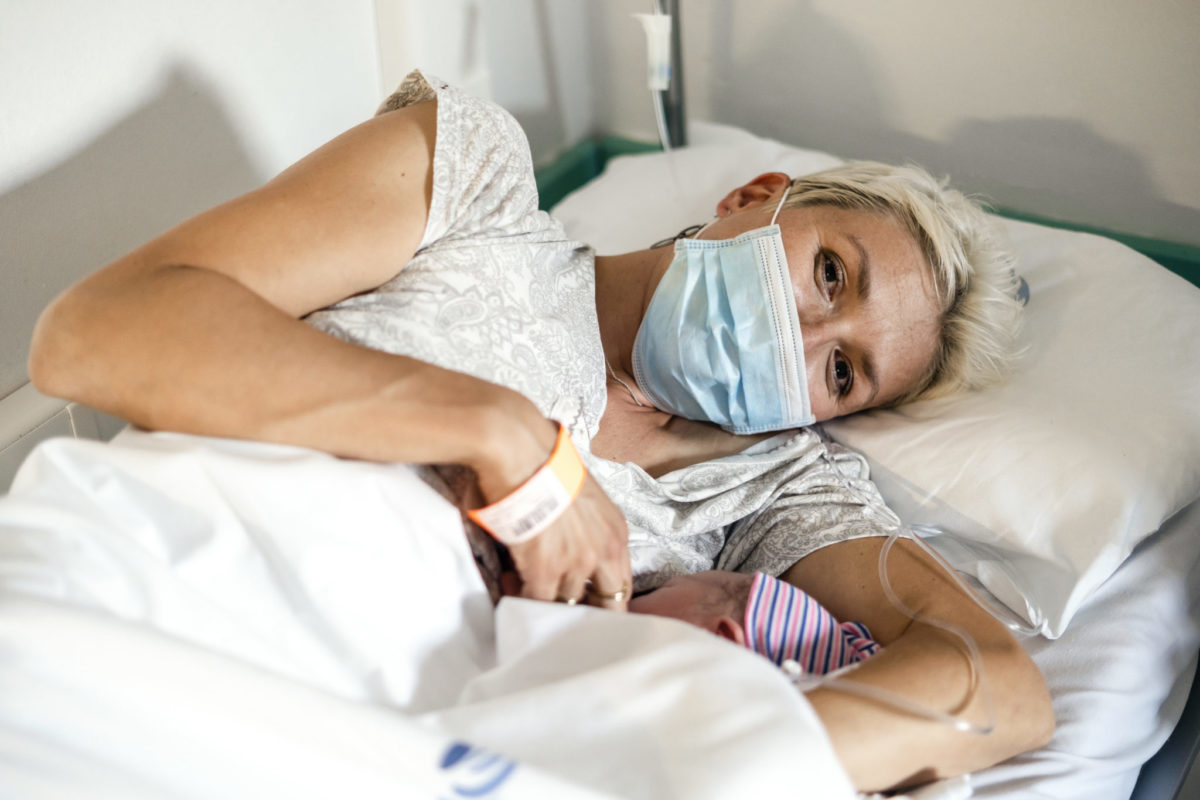#March4Nutrition in the United States: The Impact of COVID on Nutrition in the First 1,000 Days

This National Nutrition Month, 1,000 Days is highlighting the connection between nutrition and COVID-19 through our annual #March4Nutrition campaign. All month long, we invite you to follow #March4Nutrition on Facebook, Instagram, and Twitter.
This week, we are calling attention to the impact of the pandemic on the health of women and young children in the United States. We will spotlight the challenges many families are facing as well as innovations and critical supports that are making a difference.
The current health and economic crises have been especially difficult for women, including those in the 1,000-day window. Pregnant women are at increased risk of developing serious illness or dying as a result of COVID-19, and physical distancing restrictions are in some ways reshaping the experience of prenatal care, birth, and the postpartum period. Meanwhile, 2.5 million women have been pushed out of the workforce since the beginning of the pandemic. COVID-19 has further entrenched racial, economic, and health inequities, leaving more families food insecure and without access to the quality healthcare they need to stay healthy and safe.
The 1,000 days between a woman’s pregnancy and her child’s second birthday set the foundation for all those that follow, and healthy moms and babies are the foundation of a healthy society. Now more than ever, our nation’s families must have access to emergency paid sick days and paid leave provisions to care for themselves and their loved ones and help women meet their breastfeeding goals. Low- and moderate-income families must have access to quality and affordable healthcare. And vital nutrition programs like WIC and SNAP must have increased funding and flexibility to best meet the needs of the families who rely on them.
All across the country, programs have been adapting to the COVID-19 crisis to continue enabling families to access the nutrition, support, and care they need to be healthy. When the Families First Coronavirus Response Act provided critical flexibilities to the WIC program, WIC agencies quickly transitioned from in-person to remote enrollment and issuance of benefits. This provides a critical lifeline for women like Victoria, a WIC client who wrote:
“Thank you for making it easy and safe to sign up for the program in the midst of the COVID-19 crisis. My husband and I were not planning to need services like this, but when he got laid off, it was wonderful to know we have WIC to fall back on.”
Innovations like this – as well as the provisions for paid leave that were included in pandemic relief legislation – must continue on after the pandemic. Families depend on these supports to have the healthiest first 1,000 days.
